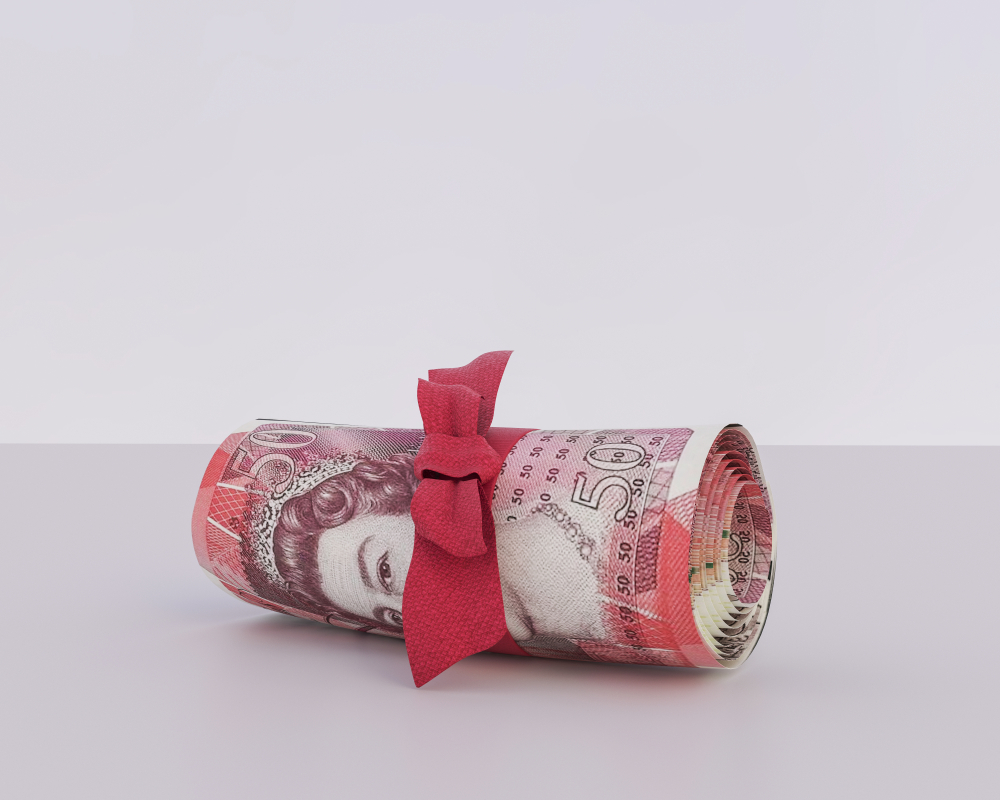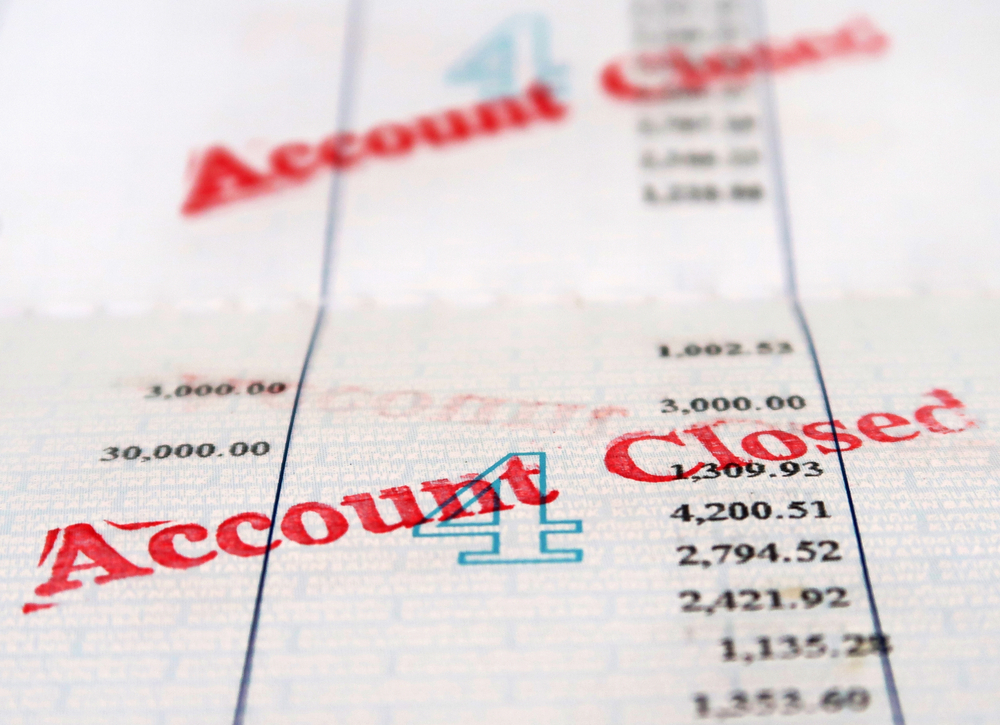Lloyds Bank has warned shoppers to watchout for fake deals this Black Friday, after the number of online shopping scams jumped by almost a fifth (18%) last November and December.
The bank found that Apple phones, Nike trainers and Lego toys were among the most common items listed in fake ads. It also found that more than 70% of shopping scams started on Meta-owned platforms like Facebook and Instagram.
Lloyds said the rising popularity of online shopping has been accompanied by a surge in criminals tricking people into paying for goods and services that don’t exist.
Victims are often lured in by the promise of cut-price or hard-to-find items and then asked to send money directly via a Faster Payment bank transfer, which provides very little consumer protection if something goes wrong.
Lloyds found the most common items listed in fake ads or posts include:
- Tech: Apple iPhones, Dyson Airwraps
- Fashion: Nike trainers, Ugg boots
- Game consoles: PlayStation 5, Nintendo Switch
- Toys: Lego sets, drones
Liz Ziegler, fraud prevention director at Lloyds Bank, said: “Online shopping scams come in all shapes and sizes, but the vast majority start with items advertised on social media, where it’s too easy for fraudsters to use fake profiles and list items that don’t exist.
“When shopping online, the best way stay safe is to buy from a trusted retailer, and always pay by card for the greatest protection. If you’re unable to do those things, that should be a big red flag that you’re about to get scammed.”
A separate Lloyds Bank poll of more than 2,000 UK adults conducted by YouGov, found that about half (49%) of people say they don’t trust social media companies to keep them safe from scams when shopping on those platforms.
How to stay safe from online shopping scams
Be cautious on social media: Buying an item on social media is not like shopping at a well-known retailer. You don’t know if the ad or user profile are genuine, and there’s probably not a safe way to pay.
Avoid deals that look too good to be true: Ads with low prices or for sold-out items should ring alarm bells. Look for similar offers elsewhere to work out if they’re realistic.
Buy from trusted retailers: This is usually the safest way to shop online. But watch out for fake websites and emails, and be wary of mixed, bad or no reviews at all.
Use your debit or credit card: Paying by card helps to protect your money should something go wrong. PayPal is another option that’s usually safer than paying by bank transfer.
Pay attention to warnings: Your bank is likely to provide a warning when you set up a new payee or make an unusual payment. Be sure to follow any advice provided.





